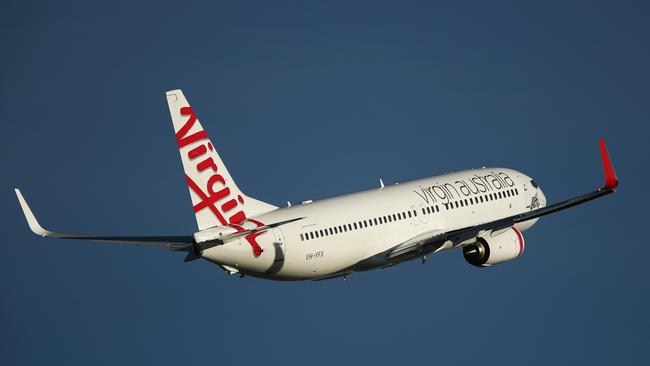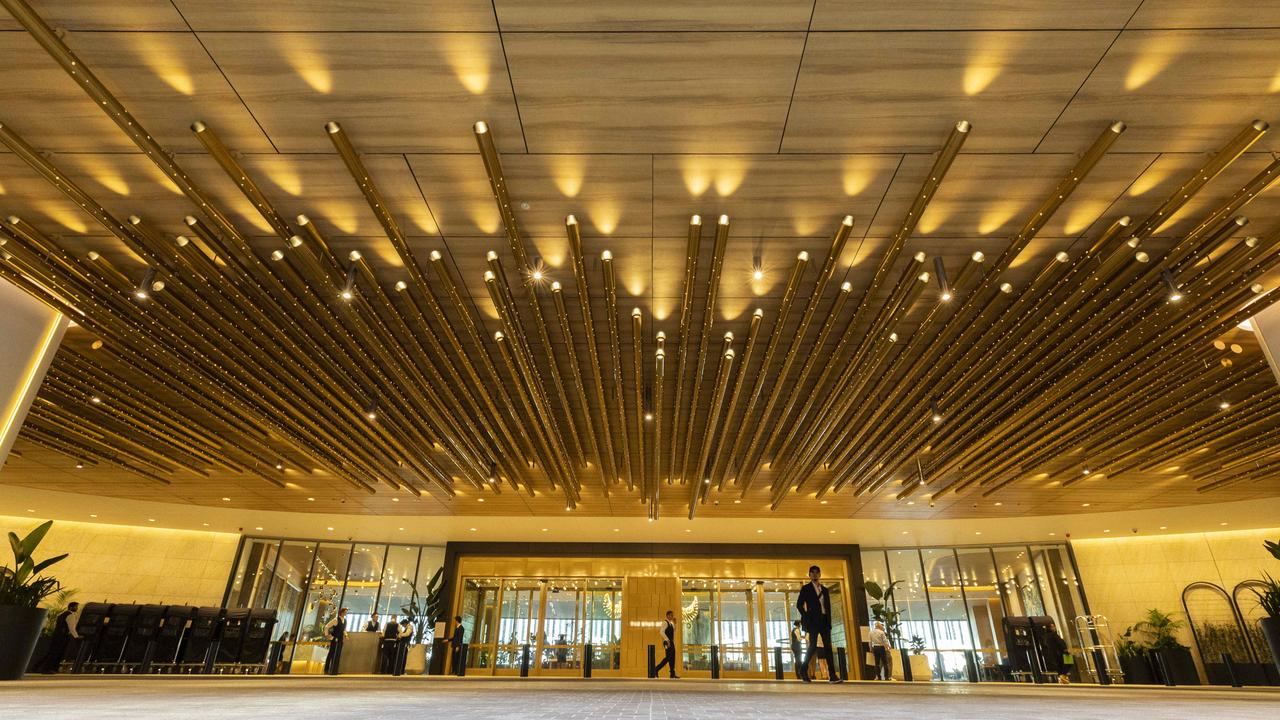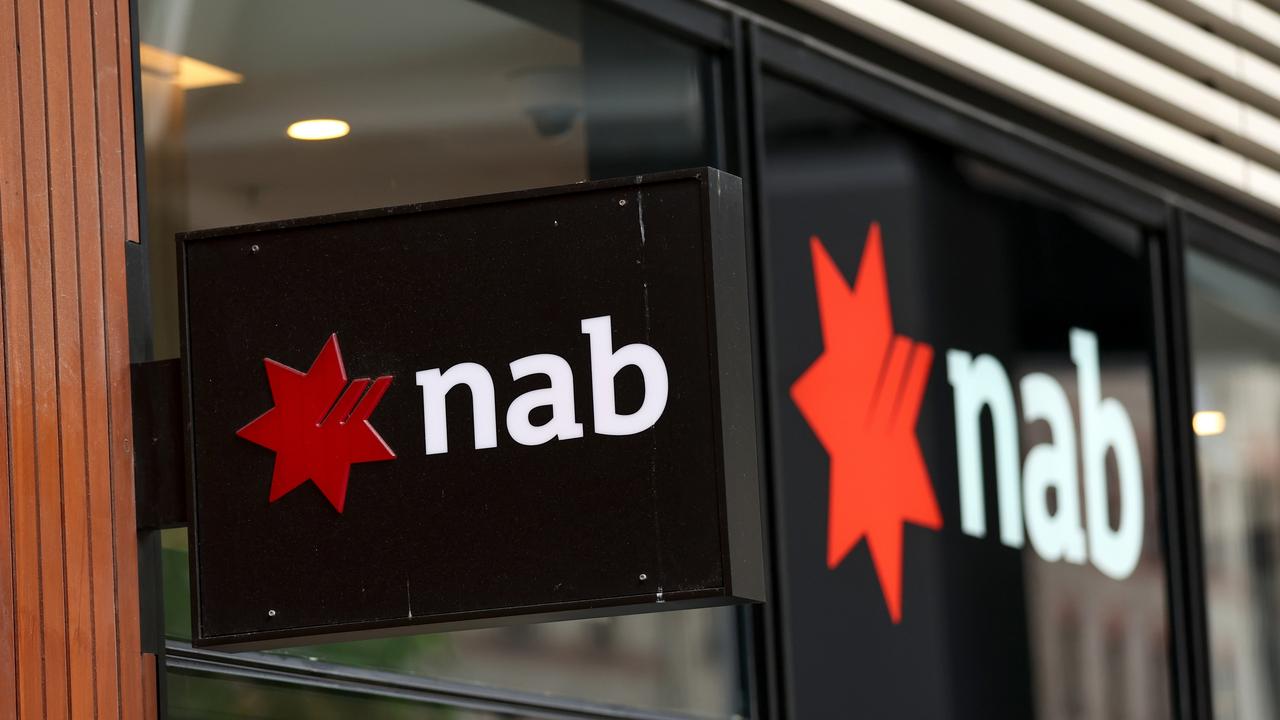
Affinity Equity Partners is believed to have shelved plans to sell its stake in Virgin Australia’s frequent flyers program, Velocity, as speculation mounts that the carrier could be eager to buy out its minority partner.
This comes after the recent appointment of former DP World Australia boss Paul Scurrah as Virgin Australia’s chief executive.
As Mr Scurrah is new to the job, the thinking is that it will take him time before he determines the carrier’s strategy. However, the understanding is that the full ownership of Velocity could be on the agenda in the coming months.
Affinity owns 35 per cent of Velocity and recently hired Macquarie Capital to test buyer appetite for the stake; Goldman Sachs and UBS represent the interests of Virgin.
Approached to buy the holding were non-bank lenders Flexigroup and Afterpay but they weren’t too keen.
Other buyout funds were also thought to be lukewarm about owning the minority stake, given the lack of control it offered across the overall business and concerns about the possibility they would be outbid by Virgin in any bidding contest.
The third option was to find a party such as a superannuation fund to invest. However, it is thought the asking price may have been hefty for what is a highly lucrative and well-run business that Affinity would want to strongly profit from.
Virgin sold the 35 per cent interest to Affinity in 2014 for $336 million to offer a funding boost but the need for a partner is no longer so pressing.
The understanding is that the buyout fund would probably want double that amount from a buyer.
Another problem should all of Velocity be divested is that Virgin could terminate its contract with the frequent flyer operation and opt for another provider, as happened with Air Canada.
Apparently, Virgin sees value in Velocity and, without Affinity, it could run the business without concern for another stakeholder.
For the six months to December, Velocity generated a 7.8 per cent lift in its earnings before interest, tax, depreciation and amortisation to $63.8m, while its revenue gained 9.2 per cent to $208.9m as its membership rose to 9.5 million, up 10.5 per cent.
Meanwhile, Mr Scurrah’s reputation rests on his expertise in driving down company costs, but the big challenge he faces as he gets his feet under the desk at Virgin will be to remove overheads at the operation that will not destroy the overall business, say some analysts.
Another area that will be closely watched will be whether the Virgin board puts the privatisation of the business back on the agenda, although this is not currently thought to be up for discussion.



